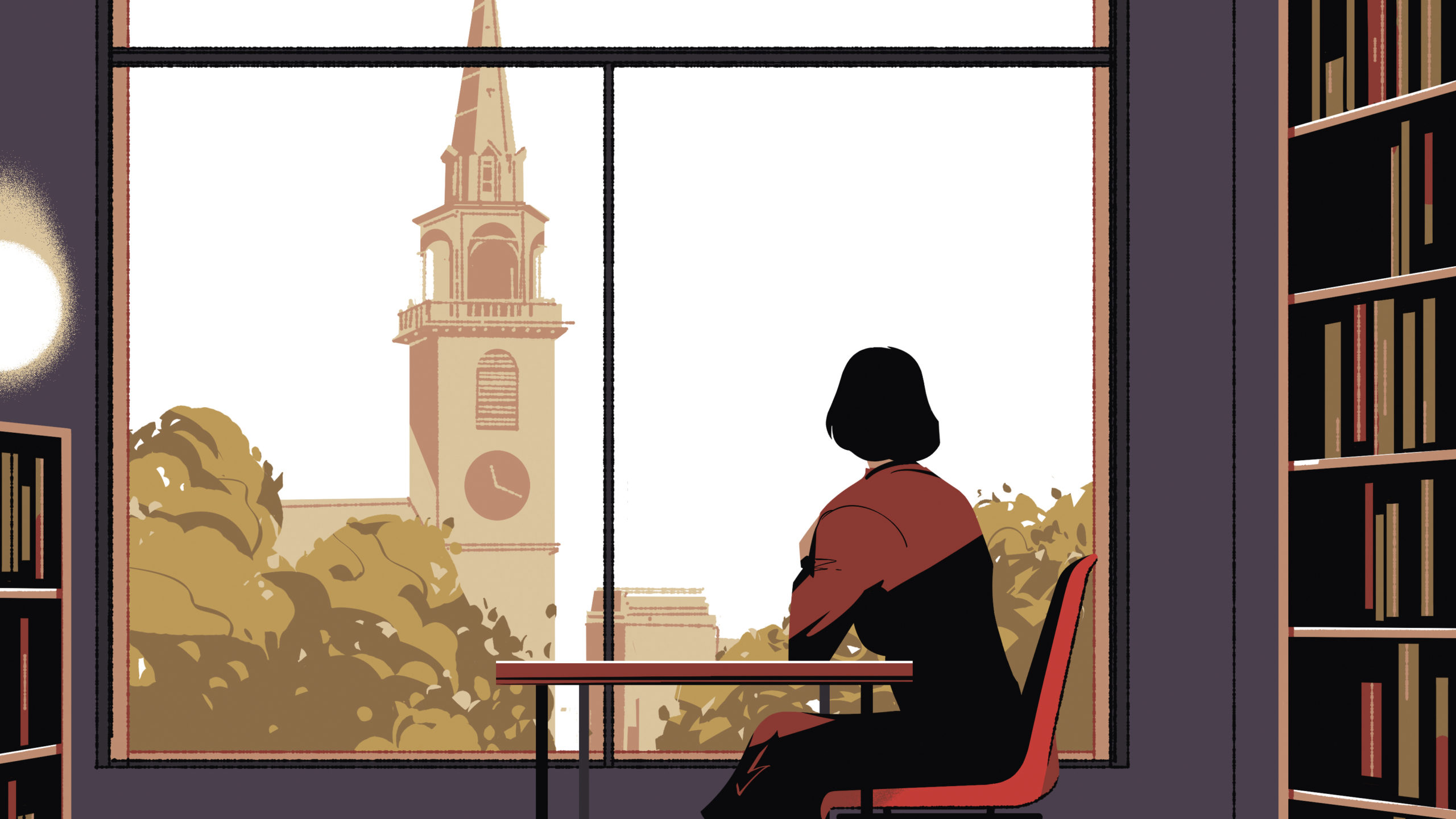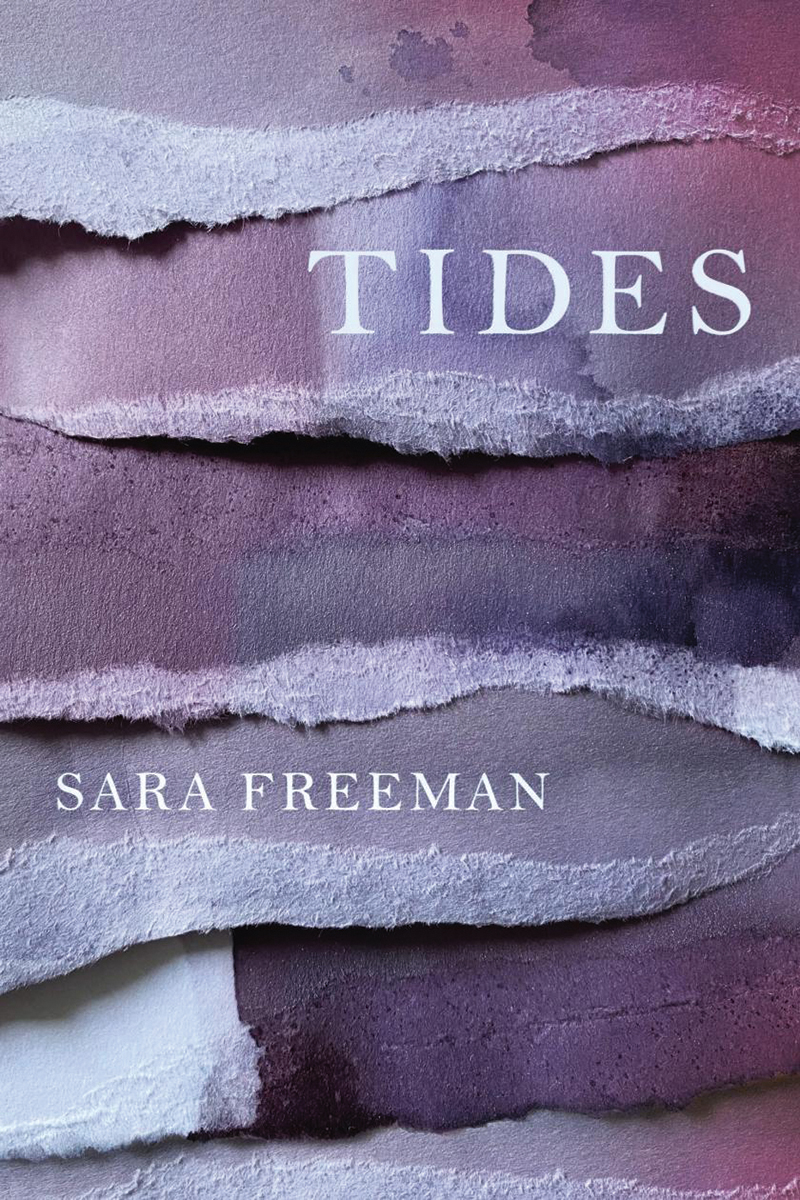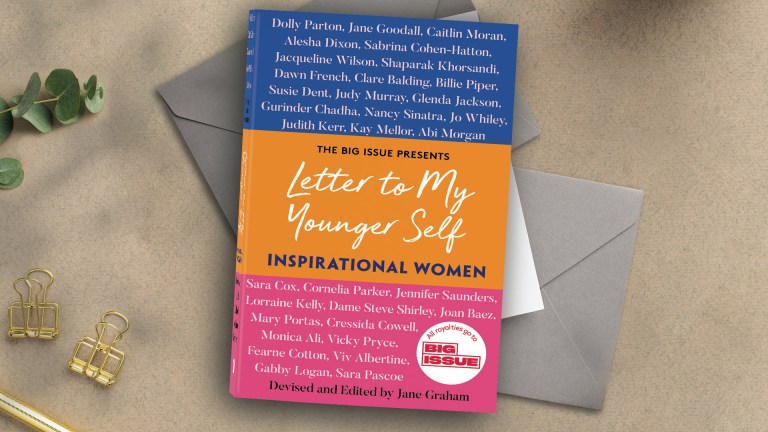In the summer of 2017, I left New York City, where I had been living for seven years, and moved to Boston, Massachusetts. My time in NYC had been mixed. I had tried and failed to get my first novel published; I had worked a job I found meaningful, but which offered no health insurance, no future. By the end of my stay, I was weary of the city, which reminded me, every day, of all I hadn’t achieved by staying. And so I left, glad for the leaving.
And yet, once I settled in the new city, near the university where my husband would be attending architecture school, a new weariness crept in. On Saturday mornings, my husband long gone to the studio, I wandered the sleepy neighbourhood, with its introverted students and purposeful joggers, and looked for a street life, a civic sense, any sign really of the life I might lead, now that I had left the old one behind.
I was met with a familiar, disheartening feeling; that in leaving, I had become the one left behind
An image often came to me then of the Italian cafe in Montreal I used to frequent in university, of that companionable time in my life before I knew I wanted to write. Or sometimes my mind wandered further afield and I let myself take a bus somewhere, anywhere, a town by the sea maybe. The town itself mattered less than the room where I would stay. In this room, I was always alone, with just what I needed: a single bed, a chair, a desk, an electric kettle, a pen and paper and a door I could close and lock behind me.
I have always been drawn to books and movies that depict their characters, most often women, walking away from their lives: leaving their spouses, their children, their cities, their apartments, their jobs. Anne Tyler’s Ladder of Years is one such work. It’s a conventional story, about a 40-year-old middle-class Baltimore woman, Delia, who finds herself leaving her husband and three children while on a beach vacation. She hitches a ride to a nearby town, and slowly builds a life there that in its ascetism and solitude seems as far away, at least at first, from the old one as possible.
Alone for the first time in her life, Delia discovers her own desires, separate from her relationships, from the roles she’s tacitly taken on – mother, wife, sister, secretary, lynchpin of her family’s social and domestic lives. Each mundane object she acquires for her spartan boarding house room – a gooseneck lamp, an immersion water heater, a romance novel – is a triumph in the face of her history of compliance.
I must have wanted, my first year in the new city, that kind of solitude too, the kind one chooses in a single, decisive act of free will. Although I had been hopeful that the move might help me write another novel, I had left, in truth, not for myself but for my husband’s degree. And as I tried to get up the nerve to start over, I was met with a familiar, disheartening feeling, that in leaving I had somehow become the one left behind.










